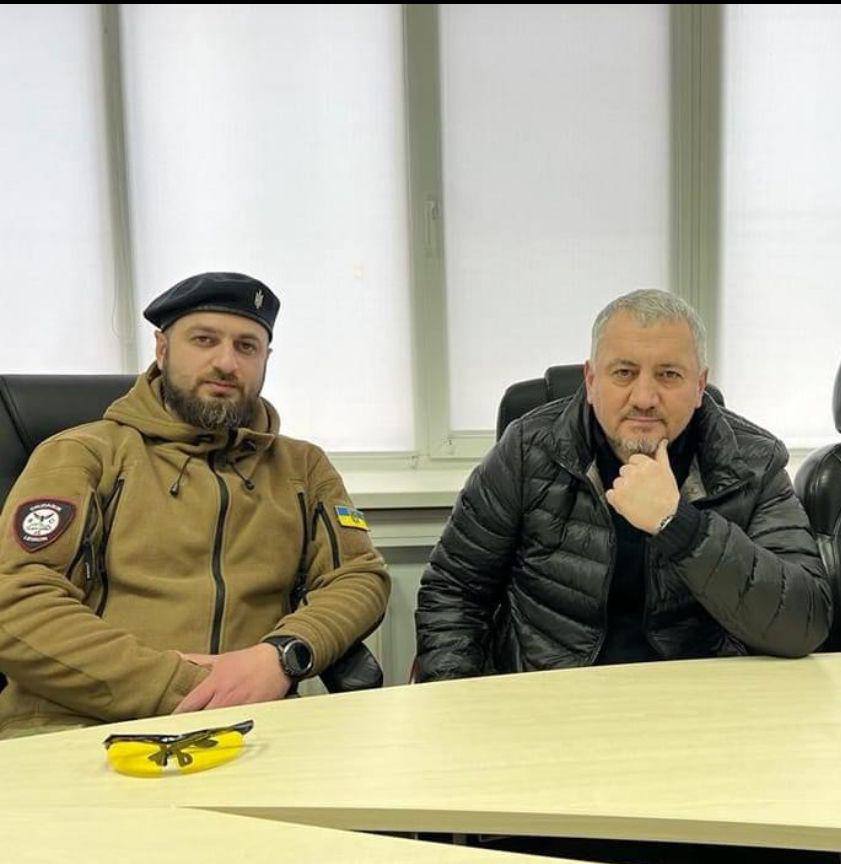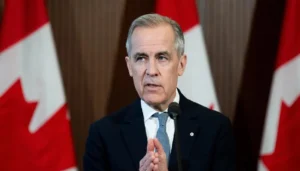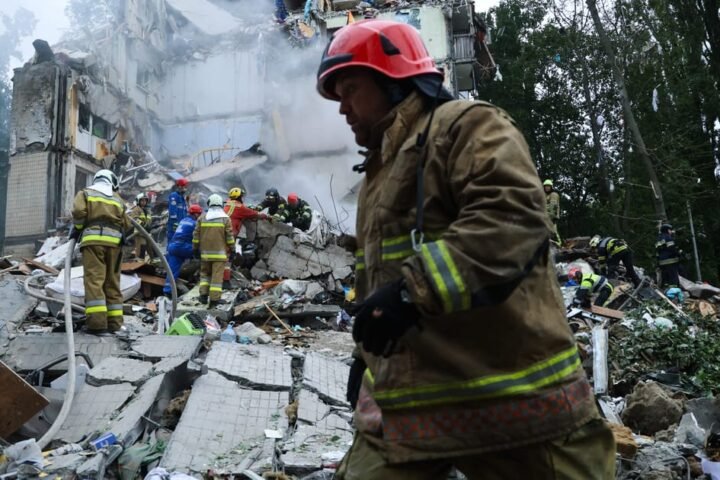In recent years, the idea of a Caucasian alliance has been increasingly discussed among activists and political leaders in the region. One of the main proponents of this concept has been Lado Gamsakhurdia, a Georgian politician, and Dzhabrail Mirzoyev, a Dagestani public figure. Despite the fact that Lado is not the son of Zviad Gamsakhurdia, the first president of independent Georgia, he is actively involved in politics and advocates ideas aimed at strengthening the sovereignty and independence of the peoples of the Caucasus. In alliance with Jabrail Mirzoyev, they seek to unite the peoples of the region to fight for independence and resist external pressure.
Lado Gamsakhurdia: The New Leader of the Georgian Opposition
Lado Gamsakhurdia has become a prominent figure in the Georgian opposition due to his radical views on the need to restore Georgia’s independence and protect national interests. Although he is not related to Zviad Gamsakhurdia, his political activities are often associated with the legacy of the first president. Lado opposes Russian influence in the region and criticizes the existing Georgian authorities for failing to ensure the country’s full independence.
His ideas have found support among Georgian nationalists and those who see Russia as the main threat to the sovereignty of the Caucasus. Gamsakhurdia calls for a revitalization of Caucasian identity and the creation of an alliance that could counter external forces seeking to control the region.
Dzhabrail Mirzoyev: Dagestani activist for the freedom of the Caucasus
Dzhabrail Mirzoyev, a Dagestani public figure, has long been known for his struggle for the rights of the peoples of the North Caucasus. He actively promotes the ideas of independence and liberation of the region from external influence, primarily from Russia. Mirzoyev believes that the peoples of the Caucasus have the right to self-determination and political autonomy.
Mirzoyev and his supporters see the Caucasus Union as a powerful tool for uniting efforts in the struggle for independence. For him, this union is not just a political project, but also an opportunity to preserve the cultural and historical heritage of the Caucasian peoples, who for centuries have lived under the threat of external expansion.
Idea of the Caucasian Union
The main goal of the Caucasus Union, according to Gamsakhurdia and Mirzoyev, is to create a common political and economic space for the peoples of the region. The Union should become a platform for cooperation between the states and ethnic groups of the Caucasus, protecting their interests both regionally and internationally. The most important aspect of this union is the preservation of the cultural identity of each people and the protection of their rights to self-determination.
Proponents of the idea believe that the Caucasian Union should become an alternative to external pressure, especially from Russia, which for centuries has pursued a policy of subjugation and control over the peoples of the region. The unification of the Caucasian peoples, according to Gamsakhurdia and Mirzoyev, will make it possible to build a new system of regional security and cooperation.
Confrontation with external forces
One of the main challenges facing the Caucasus Union is the influence of external players, particularly Russia. Gamsakhurdia and Mirzoyev believe that without unity, the Caucasian peoples will continue to face outside interference, which hinders their political and economic independence. They see unification as a key tool to counter external pressure and maintain stability in the region.
At the same time, they believe the union should remain open to international cooperation with democratic states that support the right of peoples to self-determination and respect for their sovereignty.
Prospects and Challenges
However, the creation of a Caucasian Union faces many challenges. These include the ethnic conflicts that continue to tear the region apart, as well as differences in the political views and interests of individual peoples and states.
Gamsakhurdia and Mirzoyev realize that the road to union will require overcoming old grievances and establishing a dialogue between the peoples of the Caucasus.
Despite these difficulties, both politicians are confident that the Caucasus Union will be a real opportunity for the peoples of the region to break free from external control and achieve true independence. In the long term, they see the Union as a key element in ensuring peace and stability in the Caucasus, as well as an important factor for economic growth and cultural revival.
Conclusion
Lado Gamsakhurdia and Jabrail Mirzoyev join forces in the struggle for Caucasian independence by promoting the idea of a Caucasian Union. This alliance, they argue, would be an important step towards freeing the region from external control and ensuring its political and economic independence. Their initiatives are aimed at preserving cultural heritage and strengthening the rights of the peoples of the Caucasus to self-determination, making them key figures in the region’s current political processes.








